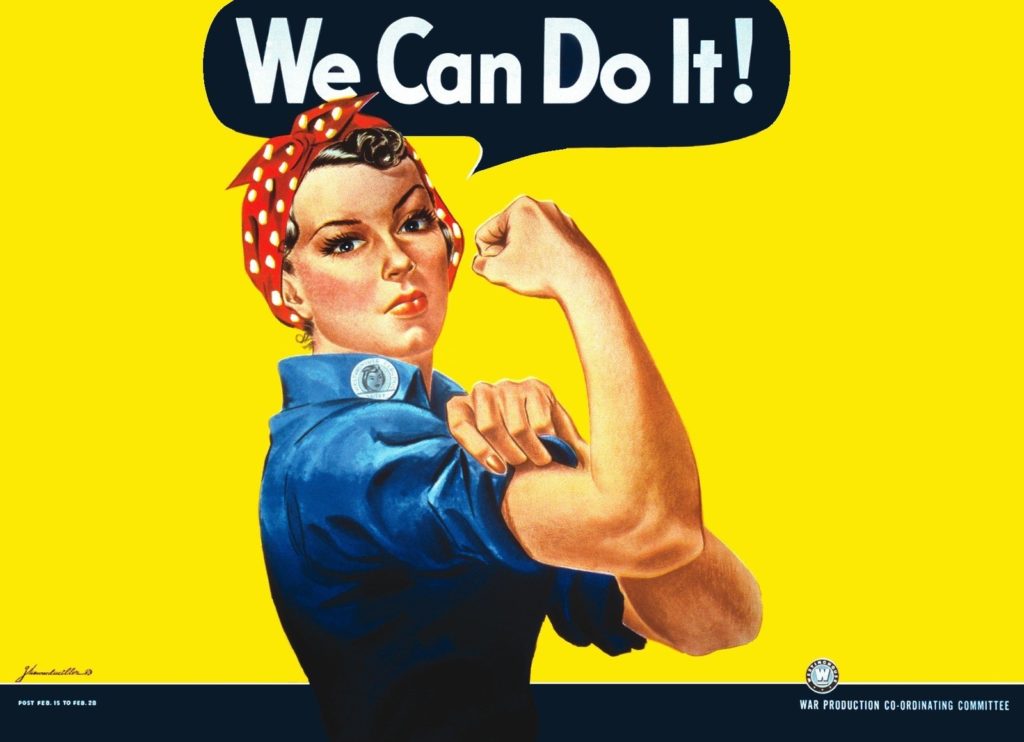I-Lab [1] is a competition for start-ups, rewarding the most promising innovations. Initiated in 1999 by the Ministry of Research within the legal framework of innovation and research, this national competition for the creation of innovative technology companies has been, since then, renewed yearly with a double objective:
1. To detect and push forward the creation of companies relying on innovative technologies;
2. To promote the transfer of research results to the socio-economic world.
The proportion of women was constantly increasing, reaching 20% of female awardees in 2020. But in the 2021 edition, this figure has drastically dropped, with women representing only 13% of the 2021 I-Lab laureates.
This is very bad news, as this illustrates and confirms the weaknesses of the French entrepreneurship landscape:
1- Women entrepreneurs are always more vulnerable in times of crisis
In the midst of the pandemic, 16% of women entrepreneurs surveyed by Bouge ta Boîte [2] were at immediate risk of shutting down their business between July 2020 and the end of September 2020. 40% of the women surveyed lost more than 70% of their revenues during the first lock-down.
The women’s incubator Les Premières [3] also surveyed its pool of female entrepreneurs about this unprecedented time and its impact. 22% of the women entrepreneurs interviewed had to face a complete shutdown of their activity.
Already largely under-represented among start-up founders and investors, women have also suffered more since the beginning of the Covid health crisis: 69% of women entrepreneurs have been forced to suspend their activity during the lock-down, versus 49% of men, according to a survey from Initiative France conducted among 9,000 small business leaders [4].
2- Women entrepreneurs are the great forgotten ones of the French recovery and resilience plan and the 2021 funding opportunities for development and innovation
Despite the “whatever it takes”, and although Emmanuel Macron declared gender equality to be the “great national cause” of his five-year term, the Government must not forget that women, and in particular those who create companies, need support.
The i-Lab call for tunders, which is the most emblematic call for projects to support young technological companies, should support more women in entrepreneurship, and promote feminization in the regional and national evaluation of projects.
Since the presence of women is decreasing in the selected projects, it is time to take control and to launch concrete actions of awareness and information; to go in high schools, in engineering schools, in public laboratories, and to encourage women on these deep-tech projects and funding initiatives: when they take the plunge and set up their own businesses, women are as successful and excellent!
3- When will real incentive criteria be implemented in the French public funding landscape?
The French government encourages companies to engage in positive discrimination. This year, a law was adopted that requires companies to have at least 30% women among their executives by 2027 and 40% by 2030. Besides, a platform was launched to allow companies to communicate on their ESG (Environmental, Social and Governance) criteria by choosing 20% of the social indicators as related to gender equality (via the Pénicaud index).
It is time that public calls for projects, and in particular those related to innovation, include in their selection criteria a real consideration of the specific difficulties encountered by women to create and finance their company, thanks for example to bonuses (which could value the pugnacity and the difficulties they have encountered just to get to where they are). Without necessarily including positive discrimination, these criteria could highlight their struggle and give them the chance they deserve.
4- The European example?
Relying on this observation, and to enable a fairer and more prosperous European deep-tech ecosystem, the European Union has launched on July 13, 2021 a new program called Women TechEU [5].
In parallel to the EIC Accelerator program, which focuses on female entrepreneurs, this Women TechEU program aims to support deep-tech start-ups led by women, with €75,000 grant opportunities. Beyond a grant opportunity, this program also aims to help the female entrepreneurs become aware of their potential and grow, to be tomorrow’s leaders through specific coaching programs with the EIC’s Women Leadership Programme.
Let’s hope that France will be inspired by these initiatives!



 Follow
Follow